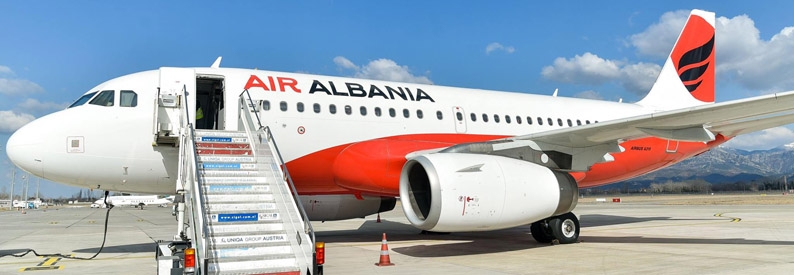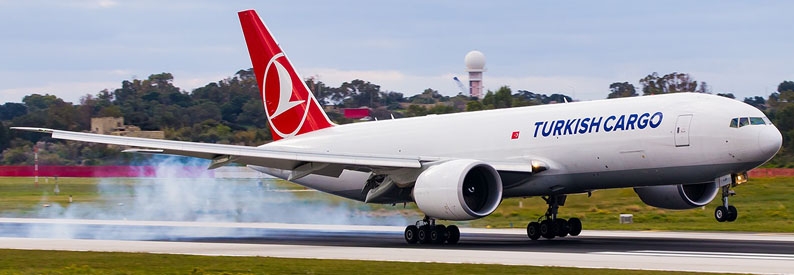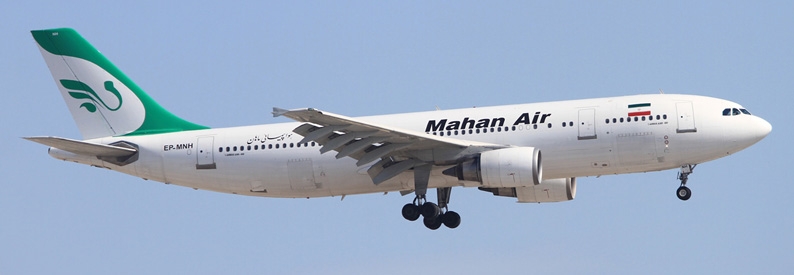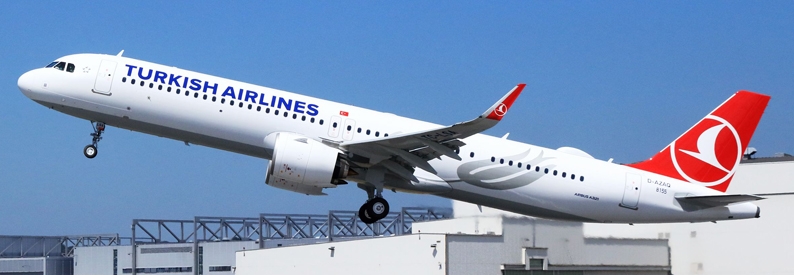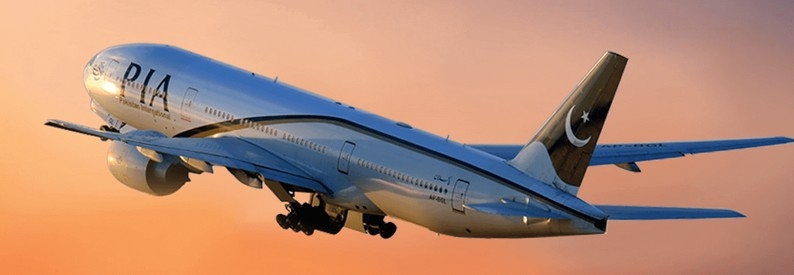Turkish Airlines (TK, Istanbul Airport) is planning to harmonise its dedicated freighter fleet around the B777-200F type, Chief Financial Officer Murat Seker told Aviation Week.
The ch-aviation Commercial Aviation Aircraft Data module shows that the airline's cargo fleet, operated under the mainline AOC, comprises ten A330-200Fs and eight B777-200Fs. It also wet-leases one A310-300(F) from ULS Airlines Cargo (GO, Istanbul Airport), two A330-200Fs from CMA CGM Air Cargo (2C, Paris CDG), and one B747-400(BDSF) from AirACT (9T, Istanbul Atatürk).
Seker said Turkish Airlines has no interest in the B777-8F.
The carrier remains strategically committed to the freight sector despite the current global slowdown. Turkish Airlines' cargo revenues dropped 44% in the second quarter of 2023, compared to the second quarter of 2022, while their share in the company's total revenues decreased from 26.9% to 12.5%.
"This is mainly due to the global oversupply pressures and lasting impact of the earthquakes on our operations [as cargo capacity was moved to humanitarian relief]... The increased availability of vessels compounds the supply and demand imbalance. With the recent declines in containerised cargo pricing, the relative advantage of air cargo compared to sea is deteriorating. As a result, sea to air modal shift that was experienced during the pandemic slowed down," Seker said during a recent investor call.
The airline said its cargo yields dropped by 35% this year, although it expects the second half of the year to moderate this drop to around 25-30%. Turkish Airlines continues to invest in door-to-door cargo product. The pilot phase, covering Türkiye, the United States, the European Union, and the United Kingdom will take place through 2026.
"By 2028, we are expecting to be an important player in this e-business sector," Seker said.
- Type
- Base
- Aircraft
- Destinations
- Routes
- Daily Flights



